Writing about the unknown in the eighteenth century
In the eighteenth century the discovery of the world was already under way. These discoveries spoke to the imagination. Daily ships arrived from distant destinations, these ships were filled with exotic freight and returning seamen had strong stories from distant shores. Interest in the distance was so strong that a new literary genre was created.
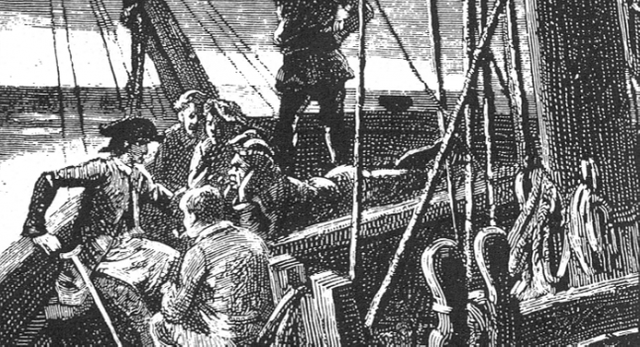

Reading novels became very popular during the eighteenth century. More and more people learned to read and write. The printing of books was on a large scale and a new class of writers and literary critics sparked the interest of many Europeans. The ideals of Enlightenment encouraged people to read and curiosity became the new norm. The travel literature provided information about the unknown, and was therefore beautifully integrated within this trend.
A report as literature
Travel stories have been popular since the beginning of the explorations. In the eighteenth century, popularity gained a new impetus. Pressures became cheaper and the travel reports were therefore accessible to a larger audience. More and more people also learned how to read. Reports of new discoveries spread rapidly across Europe and were read by a growing audience. Far destinations spoke to the imagination and travel reports of explorers like James Cook (1784) and Bougainville (1771) were well in the market. Continuous discoveries gave enough dust to overwrite.The fictitious travel report
The eighteenth century showed the birth of travel stories as a completely new literary genre. This genre would grow in the eighteenth century and formed the basis for new fictional travel stories. Discovery and adventure were central. The first of these travel novels was the British Robinson Crusoe of Daniel Defoe.The most famous book of the eighteenth century
Robinson Crusoe is about a shipwreck that spends almost thirty years on an uninhabited island. During this time he builds his own life, he learns to deal with loneliness and tries to survive in a world of dangerous cannibals. Immediately after publication in 1719 the book was extremely popular, the story is still an inspiration for literature and films.How Crusoe shaped travel literature a new genre
The legacy of Robinson Crusoe is even greater. On the first page, the author announces that the book is based on true facts. This is almost untrue. Unintentionally, Defoe gave the start to a new literary genre, which deals with synthesized 'true stories'. The traveler's spirit is also visible in Defoes's work. A lone hero makes a journey in these books, and thus fosters the familiarity of existing travel reports. The new fictional approach allows the writer to involve the main character in the story and opens a world of new situations and characters.Difference had to be there
The display of different cultures is important in the eighteenth century literature. The Europeans are displayed as intelligent and civilized than the unknown tribes from distant countries. The European is alone in a hostile environment and is suffering from untamed nature. It will be okay; the European way of life overcomes and loneliness teaches the main character new life lessons. Here's the case: east-west, home best.The counter reaction: travel as satire
Jonathan Swift saw the rise of the traveler's romance with members of the eye. The British satire master wrote his best-known work, Gullivers Travels , seven years after the publication of Robinson Crusoe. It is a direct attack on that book. A trip to non-existent cultures had to expose the bad sides of British society. The latter is completely unlike the literary legacy of Robinson Crusoe , celebrating the superiority of European civilization.Perhaps distant places are better
With a similar intention, the French Voltaire wrote Candide ou l'optimism. In the book, the young Candide travels around the world. On the way he teaches important life lessons. The journey brings him into new situations, his experiences expose the bad sides of society. The book is a response to the eighteenth century Schelmenromans.Far places lend themselves well to satire, unknown societies were mirrored to the European counterpart. Where writers as Defoe used the wilderness to indicate that modern times created order and civilization, the satirical Swift and Voltaire were less optimistic.
A living literary genre: travel literature
After the eighteenth century passenger literature could grow even more. The romance woke up to the unknown; The unknown became a dream world. The imperialism of the late nineteenth century gave great impetus to the reporting and documentation of distant cultures. More was read and written. Travel literature got a new dimension, sometimes literally; Science fiction made its entry and unreachable places, planets and ages became the subject of description. Apparently, these novels have nothing to do with the original story. Yet, the urge to Crusoe's exotic island is the most unreachable and impossible destination.
Images source: Google Images
Thanks for reading.
Steem's Popularity Is Incredible!
Share the joy by inviting others!
Get More Exposure On The Chats!
It is a best way to get more exposure through private messages and in the chat rooms. These are some of the best places to get more exposure & makes Steem friends.
- Official Steemit.chat
- SteemSpeak.com @fyrstikken (24/7 Voice chat)
- Peace, Abundance, Liberty @aggroed @canadian-coconut @ausbitbank @teamsteem and More (Minnow Support Project)
For new & best authors to move forward!
http://curiesteem.com @curie
https://steemvoter.com @steemvoter @thecryptodrive @cryptomancer
My Latest Posts:
- Sleep apnea: Symptoms & Treatment in Sleep Apnea Syndrome (SAS)
- Go Away Headache! The best ways to remedy headaches
- 10 healthy foods that are not yet healthy
- Everything you need to know about World War I
- The Thirty Years War (1618-1648) - Golden age
- The history of the border conflict in Kashmir
- Pearl Harbor movie: 5 historical errors
- Impressive pictures of military actions and equipment
- The F-16 Fighting Falcon review
- Fighter planes in action / 战斗机在行动
- 😺😻😽 My beautiful, smooth and sensual kittens pics 😺😻😽
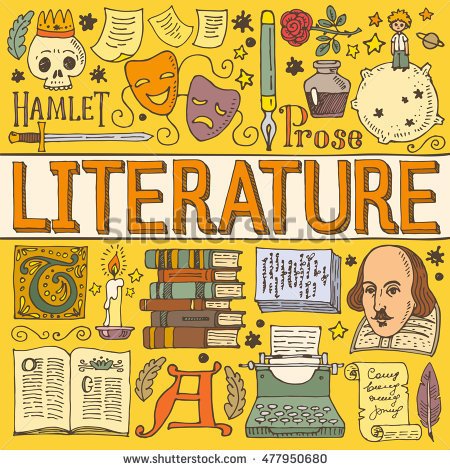
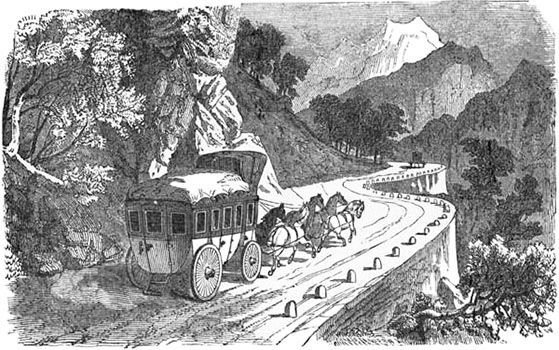
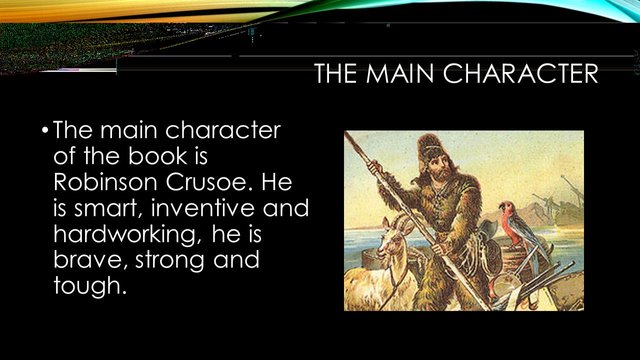
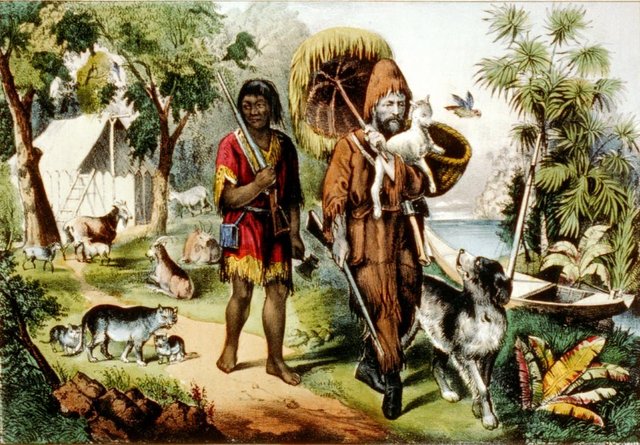
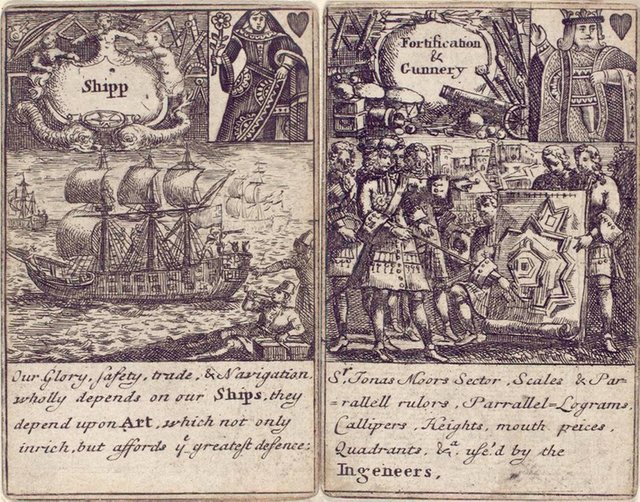
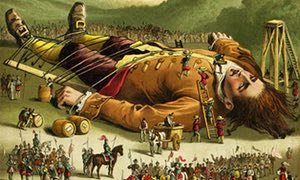
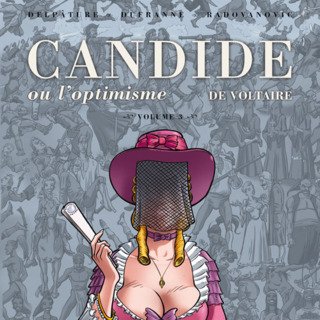


This post recieved an upvote from minnowpond. If you would like to recieve upvotes from minnowpond on all your posts, simply FOLLOW @minnowpond
This post recieved an upvote from minnowpond. If you would like to recieve upvotes from minnowpond on all your posts, simply FOLLOW @minnowpond
Congratulations! This post has been upvoted from the communal account, @minnowsupport, by braini from the Minnow Support Project. It's a witness project run by aggroed, ausbitbank, teamsteem, theprophet0, someguy123, neoxian, followbtcnews/crimsonclad, and netuoso. The goal is to help Steemit grow by supporting Minnows and creating a social network. Please find us in the Peace, Abundance, and Liberty Network (PALnet) Discord Channel. It's a completely public and open space to all members of the Steemit community who voluntarily choose to be there.
This post has received a 3.13 % upvote from @drotto thanks to: @banjo.
Interesting post topics that you post about. It's unique, and I think you will attract your own audience from that :)
Pretty cool to see this. Nicely done.
I love reading and enjoyed your account of how writing evolved in the 18th century. Robinson Crusoe is one of my favorites. Had never thought of it as something that originated the travelogue genre till I read your blog